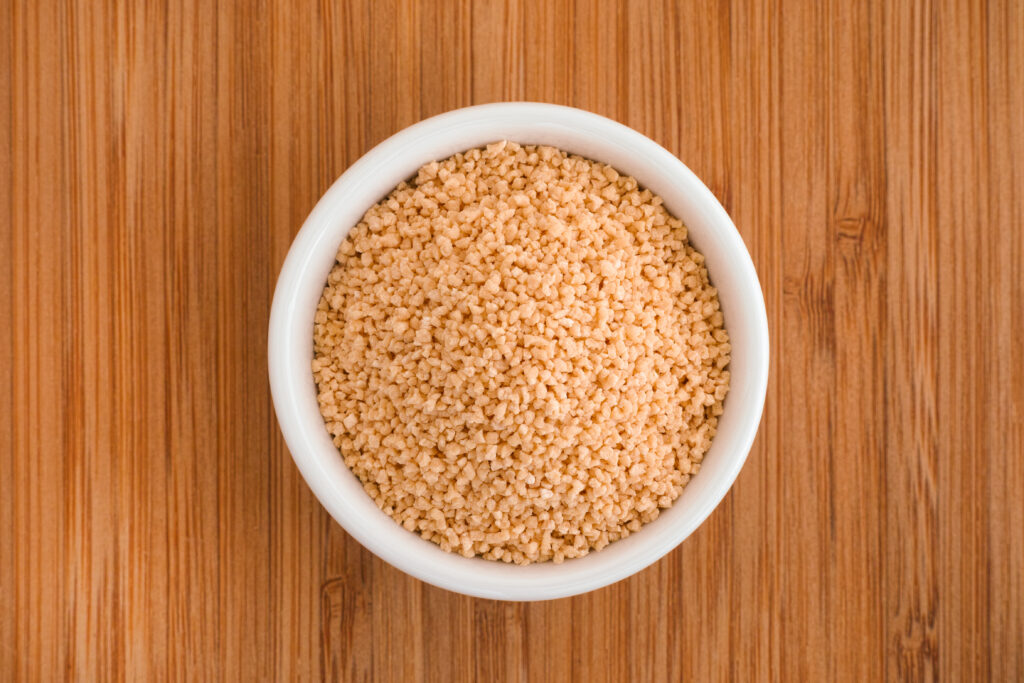
Lecithin is an essential fat present in body cells and is often added to medication and food products for the number of health benefits it provides ,which include supporting function and health of the brain and cell membranes, antioxidant properties and supporting liver function to assist with fat loss.
For breastfeeding women who suffer from blocked/plugged ducts or recurrent episodes of mastitis are often advised by their midwife or lactation consultant to increase their intake of lecithin.
Blocked ducts occur when the passageways in the breasts become blocked. They happen when the milk is not drained from the breast properly or if there is too much pressure inside the breast. Milk gets backed up inside the ducts and may become thickened and not flow properly.
A blocked duct may feel like a painful lump in the breast and if not released may cause the mum to go on to suffer from mastitis.
According to Dr Jack Newman “Lecithin may help with blocked ducts by decreasing its viscosity (stickiness) of the breast milk by increasing the percentage of polyunsaturated fatty acids in the milk”.
Lecithin is a naturally occurring substance and some of the main sources are found in soybeans and sunflowers. The process of extracting lecithin from sunflowers is much gentler than that of extraction from soybeans which requires chemicals, therefore the purity of phospholipids in sunflower lecithin tends to be much higher than those from soy. Therefore sunflower lecithin is generally considered the safer and healthier choice. Sunflower lecithin in a pure granulated form can be taken on its own, blended into smoothies or sprinkled over cereal and other meals.
The suggested dosage of Lecithin is initially 3600-4800mg a day. Usually taken in doses of 1200mg tabs, 4 times a day for the first week or two. Week by week decreasing by 1. If the mum does not experience further blocked ducts it can be stopped but if they reappear, taking lecithin may be necessary throughout the whole breastfeeding process. Lecithin is a very natural and a common food additive and there are no known contraindications to its use by breastfeeding mums.
Libby x




